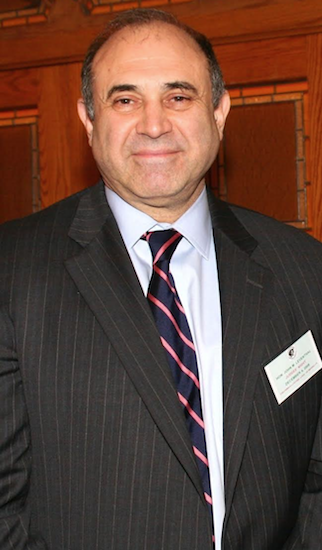Inquiry required when sex offender represents himself

A lower trial court erred in allowing a convicted sex offender the ability to represent himself at a civil confinement hearing without inquiring further into the defendant’s ability to serve as his own legal counsel, Brooklyn’s appellate court ruled.
At the age of 15, Raul L. entered a woman’s home, struck her on the head and raped her while she lay unconscious. Raul L. was convicted of sodomy and assault in 2005 and in 2011 neared his prison release date. New York State law mandates that sex offenders be civilly confined and given treatment in a secure treatment facility if it is determined that that the defendant suffers from a mental abnormality—likelihood to offend again.
At a civil confinement hearing required by the Sex Offender Management and Treatment Act (SOMTA), it is typical for an attorney to represent the defendant’s interest and in a rare case, a defendant may appear pro se, or without an attorney. Whenever a defendant, especially a sex offender in the process of civil confinement, requests that he represent himself, a searching inquiry must take place to ensure that the defendant has the capacity to serve as his own legal counsel. Such an inquiry did not occur for Raul L., Appellate Division Justice John Leventhal held.
